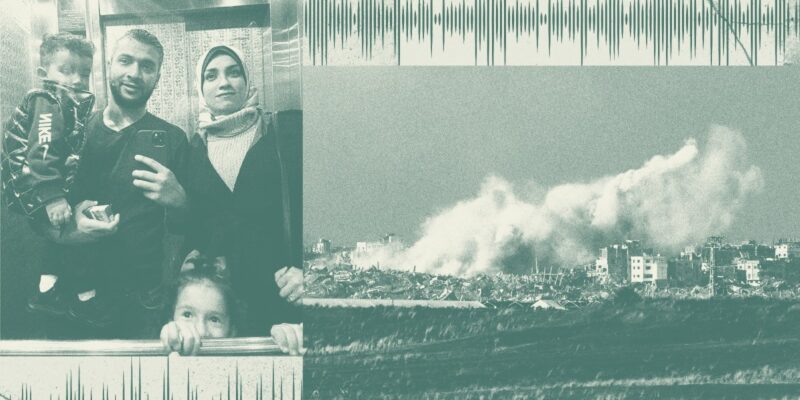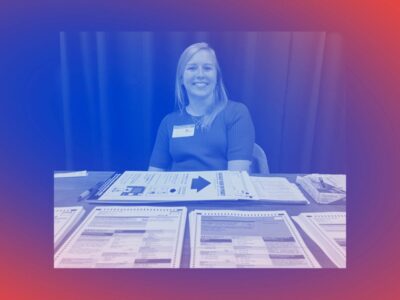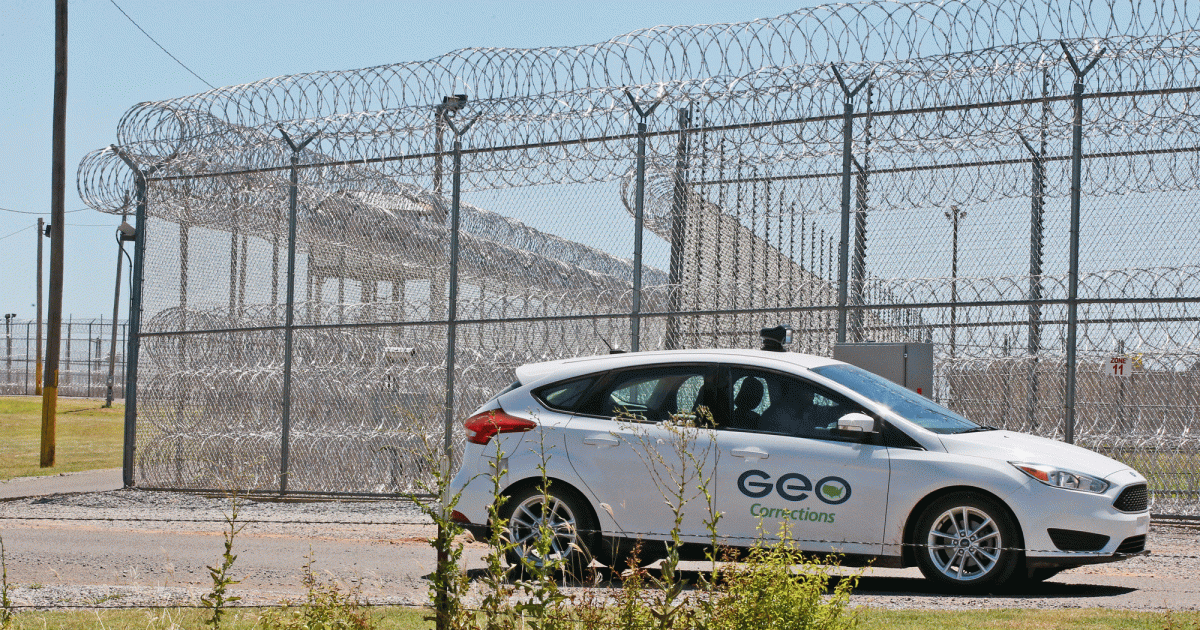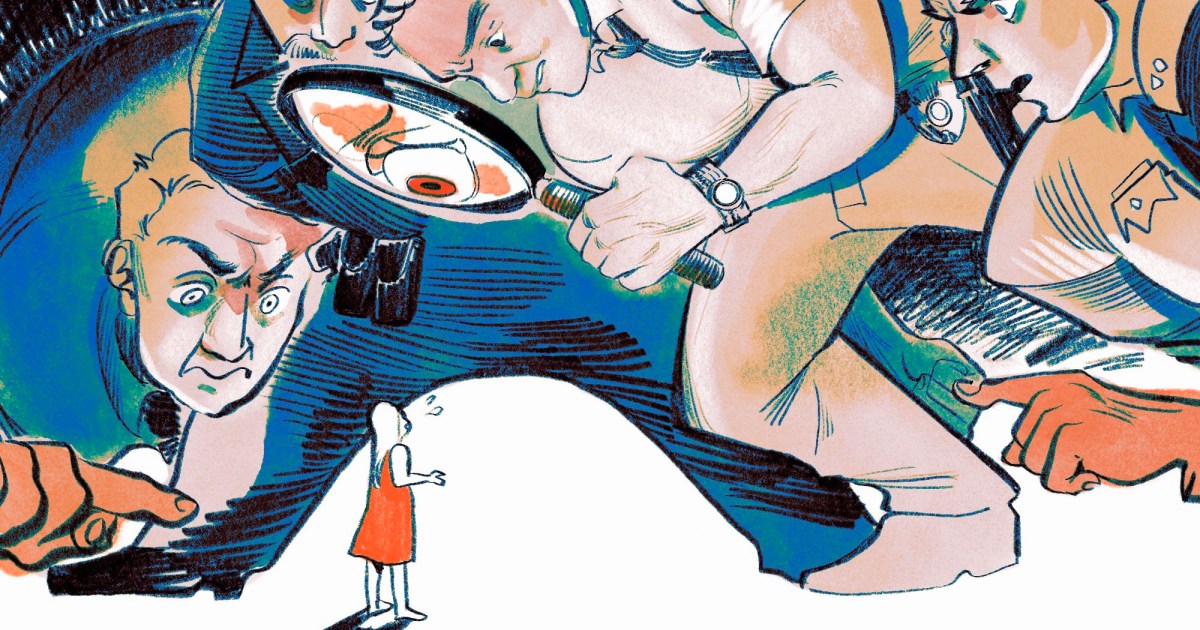
In the wake of the October 7 Hamas attack that claimed 1,200 lives, Israel has struck Gaza relentlessly.
In the first six days of the war, Israel dropped 6,000 bombs, more than the United States dropped in Afghanistan in all of 2019; by early November, according to the Euro-Med Human Rights Monitor, Israel had deployed more than 25,000 tons of explosives on Gaza, the equivalent of two nuclear bombs. To date, according to the Hamas-run Gaza Health Ministry, more than 18,000 Palestinians, including at least 7,700 children, have been killed and an additional 49,500 people have been injured. Women and children are believed to account for at least two-thirds of the death toll.
Since the start of the war, Yousef Hammash—a married father of two and advocacy officer for the Norwegian Refugee Council (NRC), a humanitarian nongovernmental organization—has been documenting life inside Gaza, sending voice memos when he can access the internet.
From endless nights of aerial bombardment and fleeing South with his wife and two young children, to the hope a temporary humanitarian pause gave him, Hammash’s audio dispatches highlight the plight of the Palestinian people as the war continues with no end in sight.
By early November, Israel had deployed more than 25,000 tons of explosives on Gaza, the equivalent of two nuclear bombs.
Yousef Hammash has watched it all unfold, sending out audio clips when internet access is available. This is his account. pic.twitter.com/1crTfpKxb9
— Mother Jones (@MotherJones) December 19, 2023
November 1, 2023
Today we wake up on another day of violence here in Khan Younis and I stopped calculating days because all are similar. Even we don’t really care what’s the day of the week—all days are similar. We live the day and we are horrified from the nights and again our hearts are completely dead for what happens in Jabalia—Jabalia means a lot to me. It’s more than a camp or more than a place.
I am born and raised in Jabalia camp as a refugee. My entire family—my father, my grandfather—we lived our entire life in Jabalia camp. Jabalia camp is not a place—it’s way more than a place. They bombed Jabalia camp yesterday and there were more than 400 people who were killed and injured.
To know what is Jabalia camp: it’s a block of concrete. Houses are next to each other; the wide street is less than half a meter; houses are connected; most of the houses are one floor. And the place where they bombed is the heart of the camp—it’s the middle of the camp—and usually everyone knows that Gaza is one of the most densely populated places on Earth. Jabalia camp and that area where they bombed is [among] the most densely populated area in Gaza.
Also yesterday, in Khan Younis around 50 meter away from us, a massive air strike took place on a house—18 member[s] were killed and we had to search for dead bodies and the rest of the family and above the roofs of the next houses because it was mass explosions that just throw everyone meters away.
And also we wake up disconnected from the rest of the world because also around 3 a.m. they cut us and they stop all the connectivity—we didn’t have phone calls, radio, or internet. We have nothing, literally. We were completely isolated again and they are keeping doing that. Unfortunately, we are trying to find alternatives but also it’s not easy—to find an internet alternative you have to be next to the border and that’s more dangerous.
Today I think we need to start to cope as isolated people. The issue is that we don’t know what happened around us. I had to go from—… Someone from the neighbors told us that there might be a bit of signal from Rafah because it’s next to Egypt so we can get the signal from the Egyptian communication company. So I had to come from Khan Younis to Rafah to get connection just to check what’s happened.
This is getting more insane every day. And even for this diary, days are similar and I run out of things to describe because everything is similar every day—more bombing, more people are getting killed, more nights of horror. I really hope this nightmare finishes soon because [we] cannot keep up more. The world need[s] to know that it’s enough. It has been enough since the first day and we are exceeding our limits to handle as human beings. It’s enough.
November 8, 2023
Very sorry for not sharing the update before. To give an overview of the situation: So for the last week, the bombing of course didn’t stop in Khan Younis. Several people were killed on a daily basis and unfortunately most of them, [were] people who [had] been displaced from the North and Gaza City, seeking safety in the South. So people were asked to flee from the North and Gaza City and were killed in the South. This is a tragic situation for how people were dispelled to be safe and then getting killed.
The most dangerous situation is that in Middle Area—Deir al-Balah, Khan Younis—there is nothing left in the shops. Maybe in a few days it will be also empty in Rafah. And I think in one or two weeks, maybe, it will be a famine and people won’t find anything to eat and this is a really dangerous situation and that’s why [the] world need to interfere now. It’s not only bombardment and people getting killed, it’s going to be a famine.
November 10, 2023
Thousands of people had to flee from Shifa hospital and from Gaza City and from the North. I have a lot of relatives who came by walk[ing] from the North and from Shifa hospital—they had to walk around 15 kilometers then we waited [for] them from the other side to transfer them. So instead of being 24 members in two rooms now we are around 50 and tonight is going to be my first night sleeping in the car.
The priority inside the house is for children and women. Now, I have a new home. Thankfully, I have a car to stay in because thousands of people are staying in the street and what make[s] it really scary is that in the coming days, it is going to be more cold. All the day we were looking for covers to buy and things because they have to come by walk[ing] and without holding anything in their hands, so literally they came only with the clothes they are wearing. So we spent the day trying to find some needs that they [are] really lacking and we couldn’t have enough covers and mattresses. So tomorrow we have to search again, because most of them are sleeping on the ground now. But at least they are inside the house.
We listen to the stories they are telling us about the journey—how much it’s terrifying and how they’re scared, especially when they were walking in front of the Israeli tanks while they believed that the Israelis can do anything to them without any hesitation. That’s what made them very scared, making their journey. And I don’t think anyone can imagine what they had to go through, especially after the night they live; especially people who were in Shifa hospital because they targeted Shifa hospital four times. I don’t know how they will sleep from the horror they see.
And now it’s became more impossible—now instead of managing 24 [people], it’s double. Now, double the amount of people that you have to manage their daily needs, food and water. Actually, we didn’t have water since yesterday because also the [indiscernible sounds] stations here in Khan Younis doesn’t have fuel to push water so even to go and filling gallons wasn’t an option because even in the water stations there was no water.
November 24, 2023
So, today is the first day of the truce after seven weeks of bombardment. Seven weeks of not escaping. Seven weeks of violence that we have never, ever imagined in our lives that we would see. These seven weeks were the longest, the heaviest, the hardest—the unimaginable seven weeks.
Today [is] the first day of the truce, people were enjoying the streets. It was really [a lot of] traffic; people were encouraged to be in the streets; thousands of them were in the streets for the first time. Thousands of people who fled to [indiscernible] schools or other shelters, especially who lived in Eastern part of Khan Younis and Eastern part of Rafah, Eastern part of the Middle Area—most of them go back today to check their houses, if it’s still there, to get any of their needs from there.
It was weird feeling in the streets, how people are reacting—if you look to their faces you cannot understand it. You can see people who are a bit happy they are alive at least. Other people who have this time as an opportunity to feel sad and sorrow for what they lose—for their loved ones. It’s a case-by-case for everyone here. You cannot understand the general situation because there is no general situation here—it’s a case-by-case. Everyone has own [their] own story; his own way of thinking; his own loss.
Thousands of people are also trying to go back North—the Israeli forces have prevented them. The Israeli forces have prevented everyone to cross Salah Al-Deen street while everyone was hoping to at least to go to check—even I personally wanted to know if my house is still there; my parents’ house is still there; if we have anything remaining there. Unfortunately, I couldn’t.
That’s why I say it’s a really weird feeling from the people here around us. If you look to people’s face, you can see that people still have hope, maybe they are looking for this as an opportunity for a longer truce; to reach a ceasefire. Also, [a] part of the day was [for] NRC to do an assessment to interfere, to serve and help displaced people, but it’s more than impossible—not only for us, even for all the humanitarian actors combined together. To serve more than 1 million people who have been displaced and even people who haven’t been displaced, also they are in need. And it’s more than impossible to serve all of these needs—it’s more than impossible to cover the needs of all the people in the South in four days. I don’t think if we combine all the humanitarian actors, of everyone all the international organizations, all working together can manage to serve all the people in need.
Also the amount of trucks that are coming from Rafah are not enough to cover a small percentage of the need, but we are trying—we will keep trying to do our best to serve people in need because this is why we are here. That’s what [is] giving us a reason to stay.
I really wish this truce will extend to a ceasefire, and this is the hope of all Palestinians who are trapped in Gaza under this unimaginable situation. So, it might be a hope and it might lead for something on the horizon—hopefully we will reach a ceasefire.
And I had a really really weird feeling, but I feel I was in need for that feeling—I moved while I have the feeling of safety, while I was driving in Gaza, going from place to place without the fear of getting bombed. So hopefully it’s a beginning for something bigger.
December 1, 2023
Seven weeks of madness have been followed by seven days of a humanitarian pause and now we are back to the cycle of violence again. We woke up with a massive bombardment all across Gaza—Rafah, Khan Yunis, Middle Area, even the North and Gaza City—it was everywhere. And it went crazy suddenly—after seven days of calm that is what we woke up on. Unfortunately, our feeling of safety, even for a moment, is over and our children sleep peacefully is over also.
I don’t know what is waiting for us now—it seems that we are going to the hell again. The Israeli Army dropped [leaflets] asking people of Khan Younis to flee again to Rafah and considered Khan Younis city as a combat zone. I don’t know what we can do more—what next. We used these seven days [indiscernible] to prepare for our response, storing the trucks, doing the distribution plan and now everything collapsed. Now we have to start again, finding ways to help people in need but I think now we need someone to help us stopping this madness.
December 2, 2023
People are fleeing from Khan Younis to Rafah, and it’s really heartbreaking to see people carrying with them their mattresses and their covers [and on] any corner on the street, sticking some wood and cover[ing] it with anything and considering it a shelter. If you just make a tour around Rafah you would be shocked how people are trying to find their safety when also there is a lot of bombardment in Rafah.
But it’s getting suddenly really crazy suddenly in Khan Younis—massive bombardment all over across Khan Younis—and I just understood that as [IDF] tanks have crossed Salah Al-Deen street and [indiscernible] area, which is the area between Deir al-Balah and Khan Younis. So at the beginning they cut off Gaza City in the North and in the South and now they’ve split Middle Area and Khan Younis and Rafah. So, it’s really weird what’s going on and it seems that we’re going into a new level of madness and bombardment and now it’s the turn of the South.
December 6, 2023
This time I am recording this message from Al Mawasi area, which is 100,000 people [who] are fleeing too—imagining that it will be safe for them. People are looking for their safety and their family’s safety, regardless of the situation they will be in. You can see thousands of people are building tents made of wood and plastic just to cover them—doesn’t give any kind of protection but it gives them a sense of safety. You can see that 100,000 people from Khan Younis have fled to Rafah and the Al Mawasi area in Rafah especially and it [has] become from an empty land to a very, very crowded area. People are trying to find any place to stay in and the challenge is to cover your head from the hellish weather that is coming—the winter is about to arrive and all of that is going to be worse and worse and I don’t think people have the ability to think about the situation but they are trying; people are trying just to get that sense of safety, the feeling of safety, that they are trying to get.
Unfortunately, as NRC we cannot do much here, the situation is unpredictable—the bombardment didn’t stop in Khan Younis and Rafah but mainly in Khan Younis. I am trying to evacuate my family also from Khan Younis to Rafah—trying to find a place for them and it seems that this is impossible so I do as usual, what people are doing here: I am going to build them a tent today. So, also at least, I might get this feeling of safety for my family.
It’s really difficult to find anything in the markets now because of the amount of people who came to Rafah—everything is rare; everything almost impossible to find. So now we will live on whatever we find.
It’s a really weird situation and we are paying a really high price for the seven days of humanitarian pause that they gave us—we were craving these seven days and then they cut our [indiscernible] suddenly because the bombardment was more intense, especially in the South.
We have this feeling that we are abandoned—no one really care[s] anymore. I feel that people, before this humanitarian pause, was… people were really caring about what’s going on here and unfortunately, we lost all of that kind of support which is our only hope, actually. We lost our faith in world leaders and [the] international community but the only hope for us is the human being—the people themselves—is our only hope.















